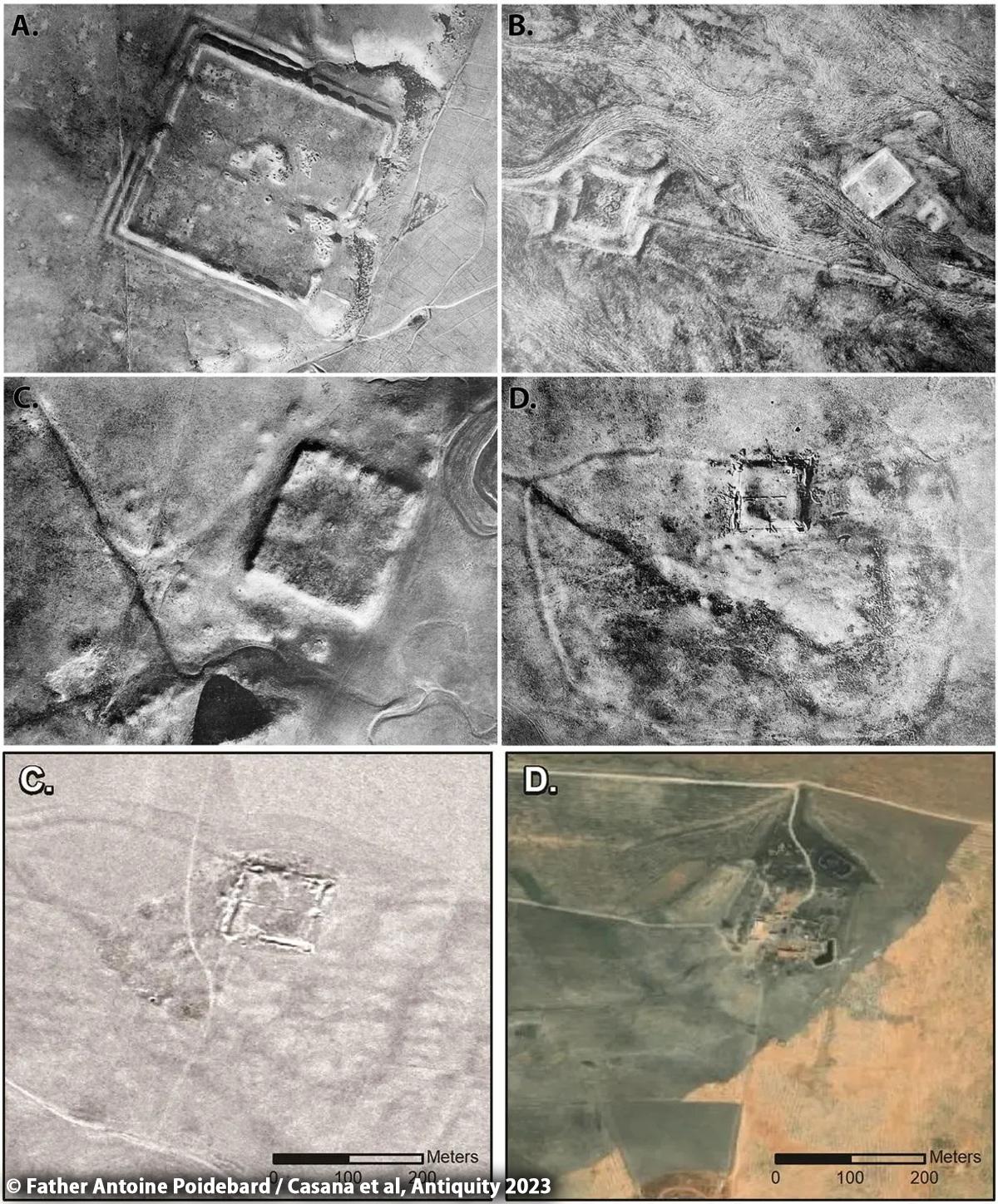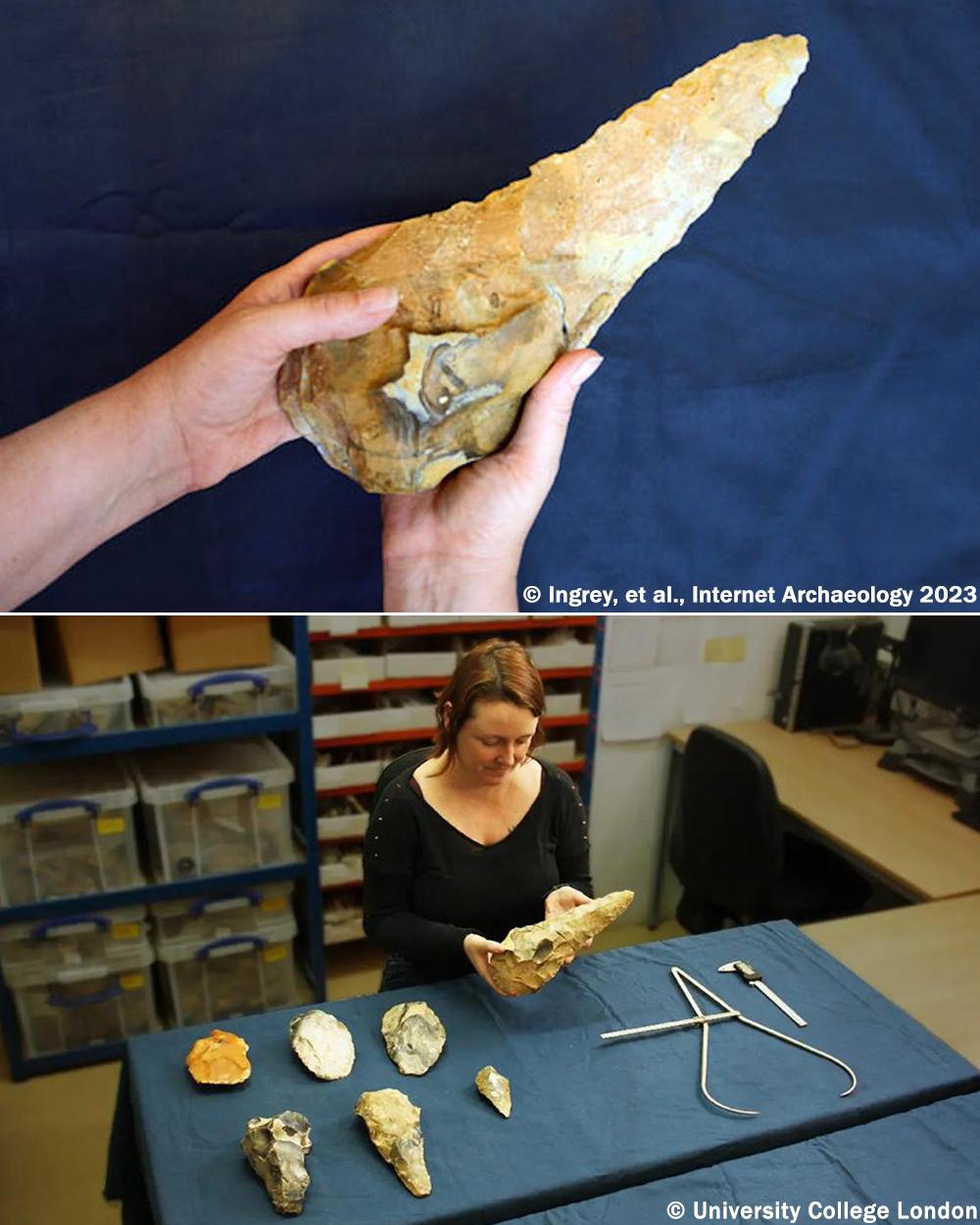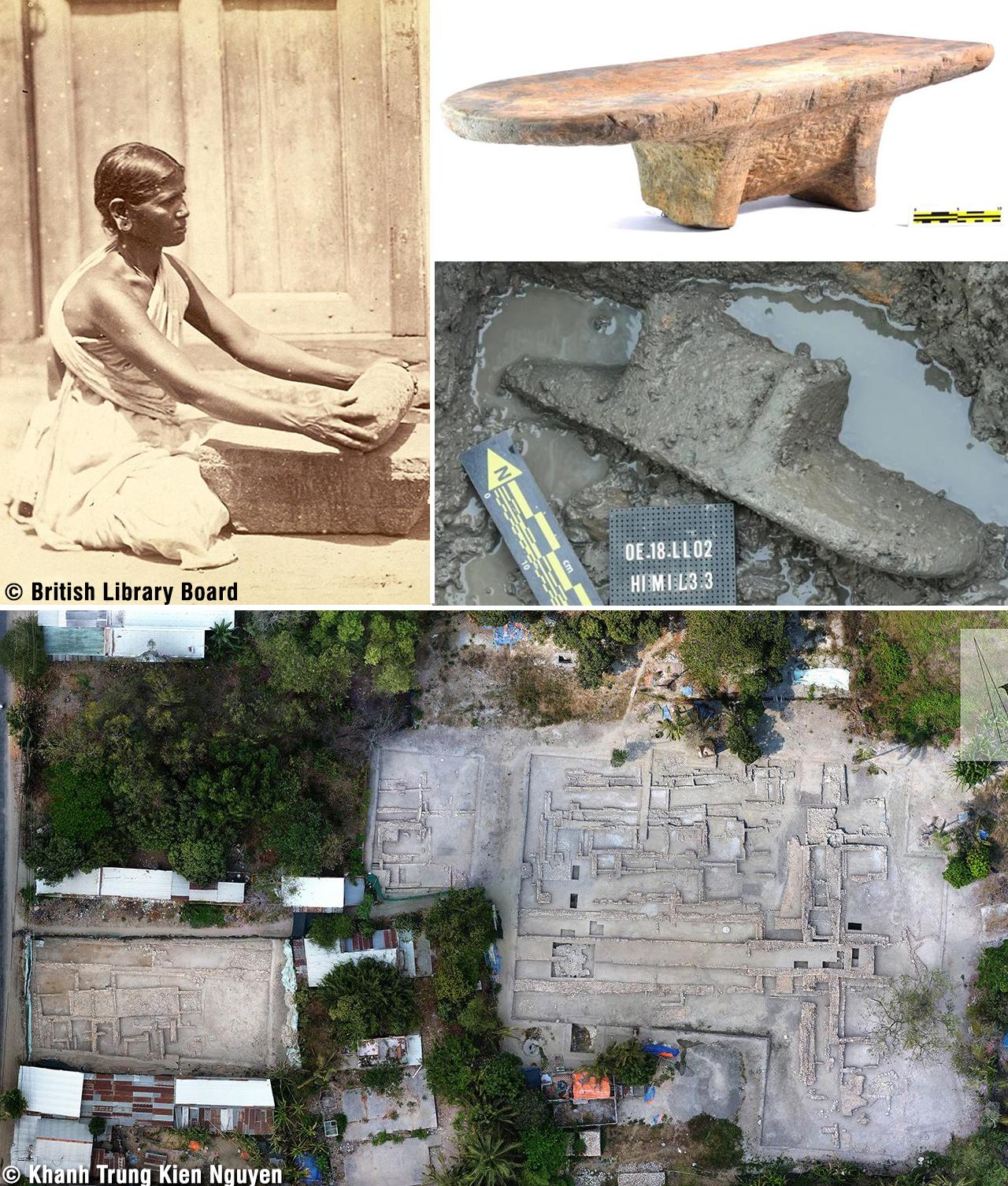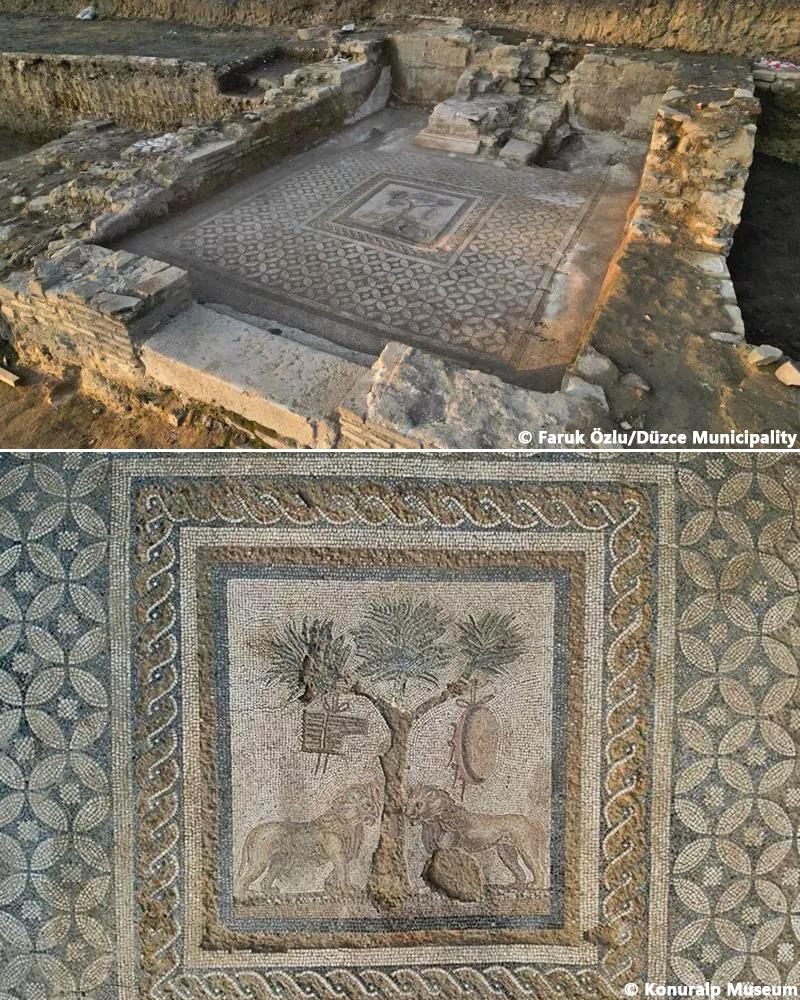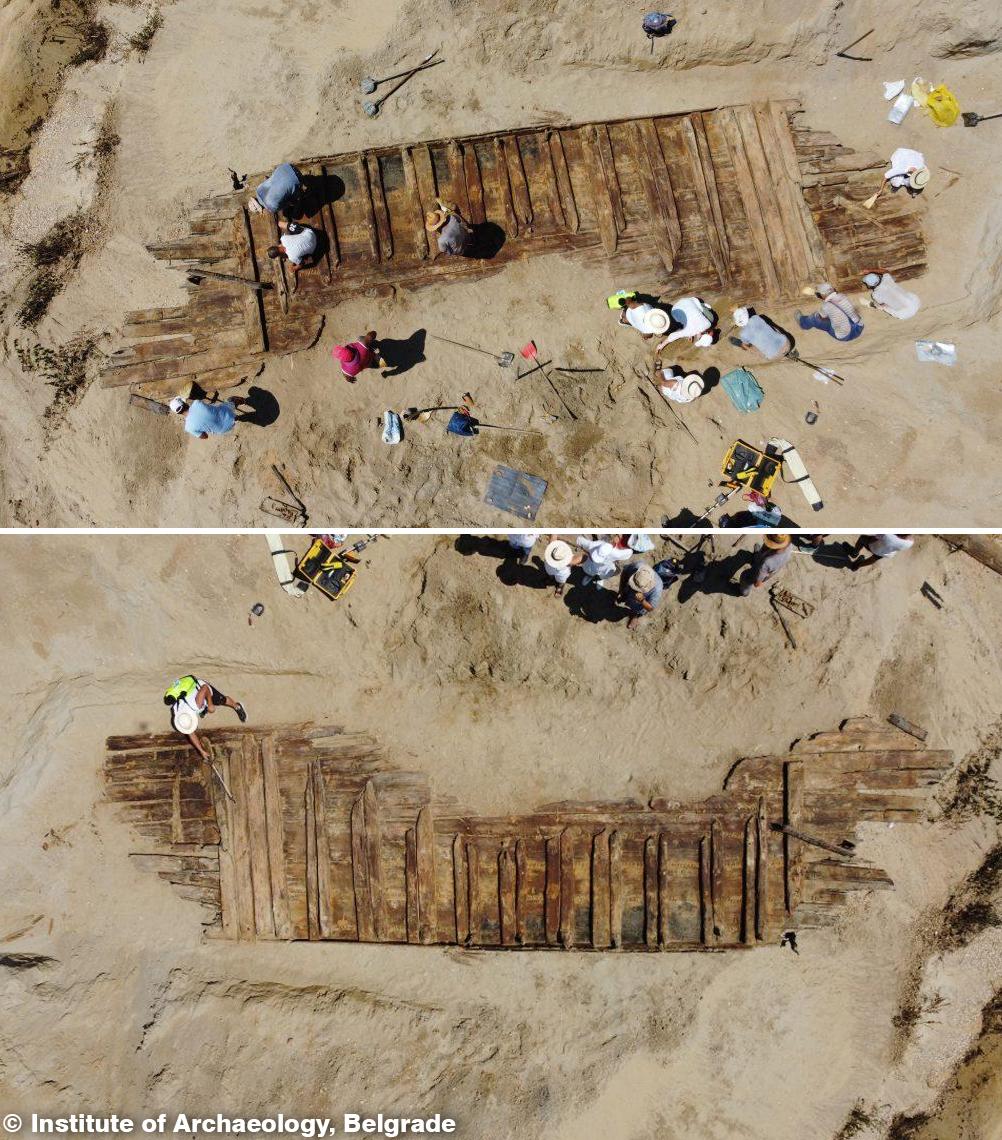In the shadow of Mount Vesuvius lies the ancient city of Pompeii, a UNESCO World Heritage Site that has captured the imagination of historians and archaeologists for centuries. Recently, an astonishing discovery shed new light on the lives of its inhabitants: the archaeological revelation of a 2000-year-old man's history of masturbation. Join us as we delve into this intriguing discovery and explore its implications for our understanding of ancient Roman society and human behavior.

The Discovery
Amidst the ruins of Pompeii, archaeologists unearthed a remarkable find: the preserved remains of a man who lived over two millennia ago. What makes this discovery truly extraordinary is the revelation of a series of explicit frescoes depicting the man engaged in acts of self-pleasure. These vivid depictions offer a rare glimpse into the private lives and intimate practices of ancient Romans, challenging conventional notions of sexual behavior and societal norms.
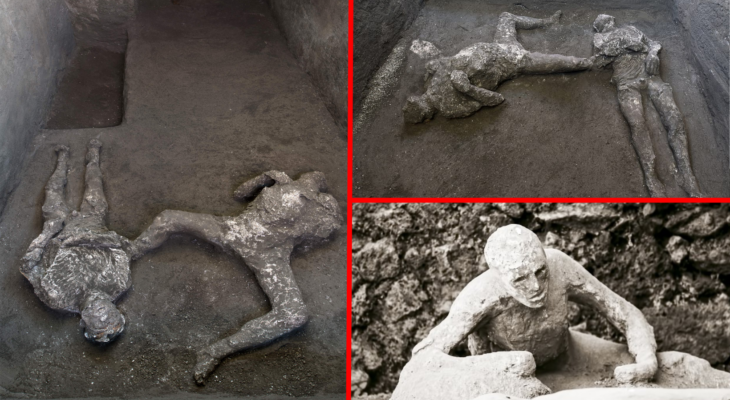
Interpreting the Evidence
The discovery of the masturbation frescoes has sparked debate among scholars about their cultural and historical significance. Some argue that these explicit depictions may have been intended as humorous or titillating decorations, while others suggest they could have served as instructional or religious symbols. Regardless of interpretation, the frescoes offer valuable insights into the complex attitudes towards sexuality in ancient Rome and the role of eroticism in daily life.
Contextualizing Ancient Practices
The discovery of the masturbation frescoes invites us to reconsider our understanding of sexual behavior in antiquity. Far from being a taboo subject, self-pleasure appears to have been openly depicted and perhaps even celebrated in the artistic and cultural milieu of Pompeii. This revelation challenges stereotypes and misconceptions about ancient societies, highlighting the diversity and complexity of human sexuality across time and culture.
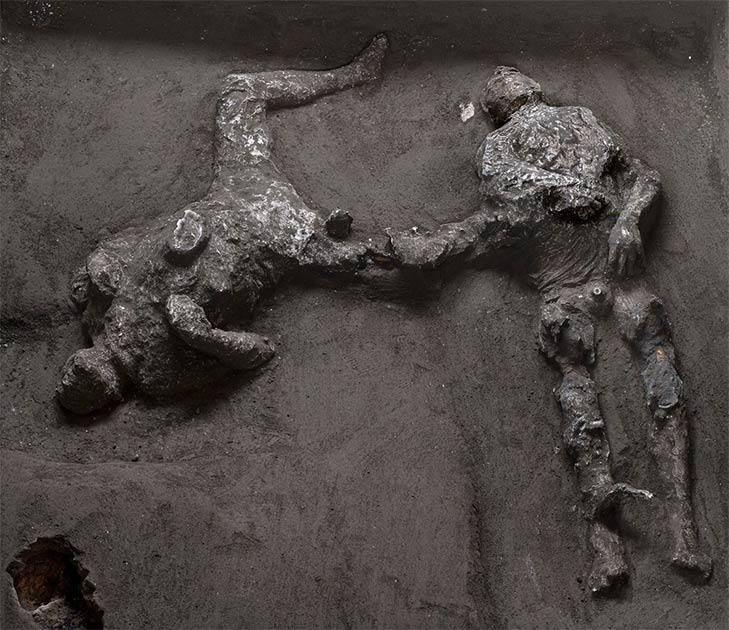
Implications for Archaeology
As archaeologists continue to explore the ruins of Pompeii and other ancient sites, discoveries like the masturbation frescoes remind us of the importance of approaching the past with an open mind and a willingness to confront uncomfortable truths. By embracing the full spectrum of human experience, we gain a deeper appreciation for the richness and diversity of ancient civilizations, enriching our understanding of history and humanity.
Conclusion
As we reflect on the discovery of the masturbation frescoes in Pompeii, we are reminded of the enduring allure of archaeological exploration and the capacity of ancient artifacts to challenge our assumptions and expand our horizons. In the intimate details of daily life preserved amidst the ruins, we find echoes of our own humanity, bridging the gap between past and present. As we continue to unearth Pompeii's secrets, may we approach the task with humility and curiosity, ever mindful of the complexities and contradictions that define the human experience.






